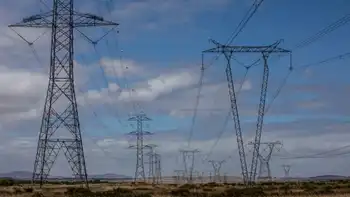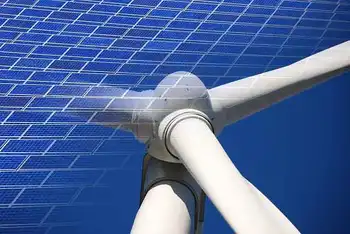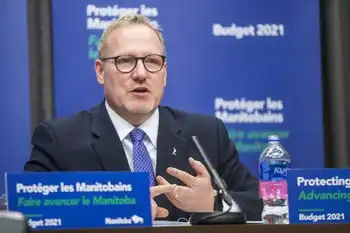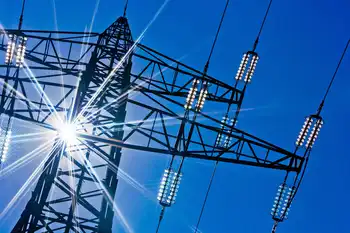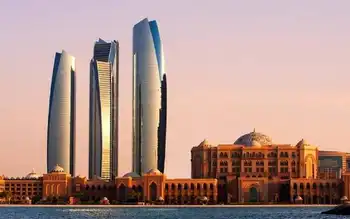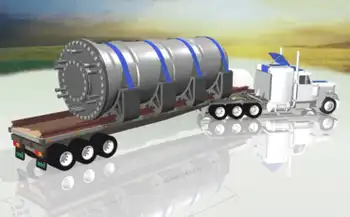U.S. awards $600 million in car battery grants
By Reuters
Protective Relay Training - Basic
Our customized live online or in‑person group training can be delivered to your staff at your location.

- Live Online
- 12 hours Instructor-led
- Group Training Available
The awards were part of $2.4 billion in grants being announced by the Obama administration as part of its "green" economy vision and efforts to enhance U.S. energy independence.
The grants represent the nation's largest-ever investment in battery technology for clean-energy cars, Obama said while visiting a plant in Wakarusa, Indiana, owned by Navistar International Corp.
The funding will "develop the next generation of fuel-efficient cars and trucks, powered by the next generation of battery technologies — all made right here in America," said Obama, adding that he wants the United States to become a world leader in clean-energy vehicles.
Almost all battery manufacturing for advanced technology vehicles is currently based in Asia.
"I don't want to just reduce our dependence on foreign oil and then end up being dependent on their foreign innovations," Obama said. "I don't want to have to import a hybrid car. I want to be able to build a hybrid car here."
White House economic and Energy Department officials said 48 projects in 25 states would receive money under a deal that requires winners to match the federal investment.
U.S.-based companies will receive $1.5 billion to produce batteries and components and expand battery recycling capabilities.
An additional $500 million will go to produce electric motors and other drive train components.
The final $400 million will pay for testing plug-in hybrids and all-electric vehicles.
Michigan, hit hard by the dramatic contraction of U.S. auto production, led all states with 11 grants. Indiana was second with seven, officials said. Academic interests, utilities and research cooperatives also applied for funding.
Obama said the funds would help create "tens of thousands of jobs," particularly in the depressed manufacturing sector.
Navistar received $39 million to make electric trucks, allowing the company to rehire some laid-off staff, he said.
"The company estimates that this investment will help create or save hundreds of jobs in the area," Obama said.
Compact Power Inc, on behalf of South Korea's LG Chem Ltd, received $151 million to produce battery cells for GM's highly touted Chevrolet Volt plug-in, due out in 2010.
Johnson Controls Inc and France's Saft Groupe SA will supply a complete battery system for Ford's first plug-in hybrid, due in 2012. Johnson Controls received $299 million.
A123 Systems, which is working with Chrysler, received $249 million.
Delphi Automotive Systems will receive $89 million to expand existing electric drive components for passenger and commercial vehicles.
KD Advanced Battery Group, a venture that includes Dow Chemical Co, Kokam America Inc and Townsend Ventures LLC, received $161 million.
GM received an additional $105 million to produce an electric rear-wheel-drive system, and Ford received $62 million for a related transmission project.
The battery grants are separate from Energy Department loans aimed at helping U.S. automakers retool factories for making more fuel-efficient vehicles.





